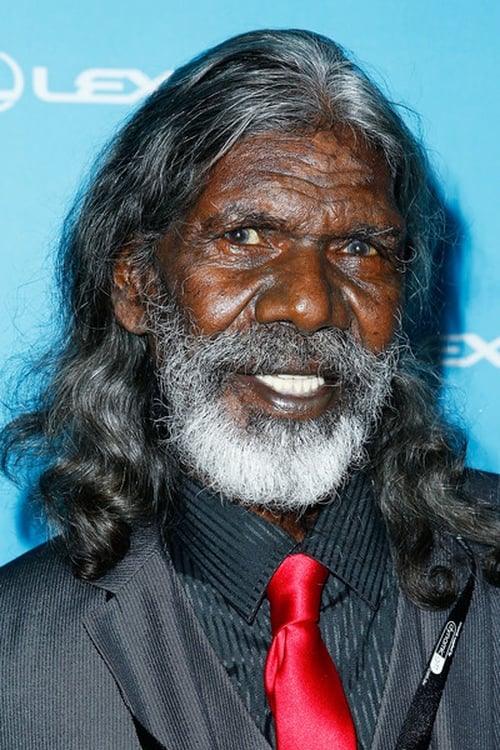David Gulpilil
出生 : 1953-07-01, Arnhem Land, Northern Territory, Australia
死亡 : 2021-11-29
略歴
David Gulpilil Ridjimiraril Dalaithngu AM (c.1953 – 29 November 2021), known professionally as David Gulpilil and posthumously for cultural reasons as David Dalaithngu for three days, was an Aboriginal Australian actor and dancer, known for the films Walkabout, Storm Boy, Rabbit-Proof Fence, and The Tracker.
Description above from the Wikipedia article David Gulpilil, licensed under CC-BY-SA, full list of contributors on Wikipedia.
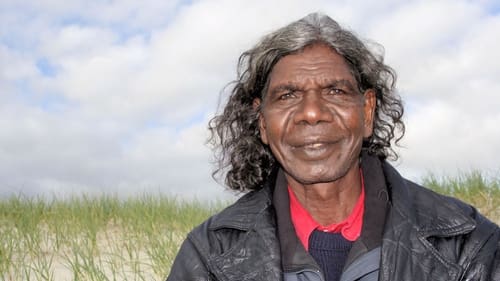
Producer
Diagnosed with lung cancer, legendary Australian actor David Gulpilil boldly explains the journey that is his extraordinary, culture-clashing life.

Self
Diagnosed with lung cancer, legendary Australian actor David Gulpilil boldly explains the journey that is his extraordinary, culture-clashing life.
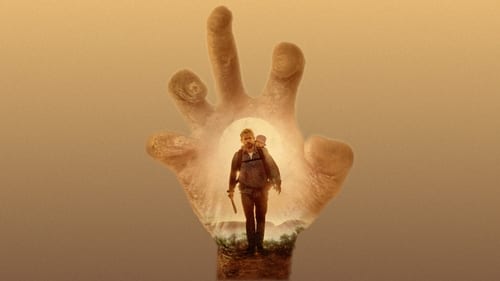
Daku
After being infected in the wake of a violent pandemic and with only 48 hours to live, a father struggles to find a new home for his baby daughter.
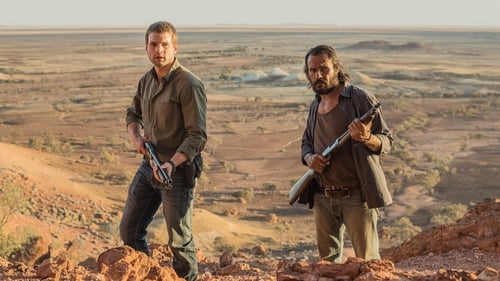
Jimmy
Indigenous Detective Jay Swan arrives in the frontier town of Goldstone on a missing persons inquiry. What seems like a simple investigation unearths an intricate web of crime, corruption, human trafficking, and coordinated exploitation of indigenous people’s land. Jay must bury his differences with young local cop Josh, so together they can bring justice to Goldstone.

In a playful collision of cultures, a hapless Irishman and his Parisian girlfriend get more than they bargained for when they encounter a particularly mischievous stranger in the spectacular Australian wilderness.
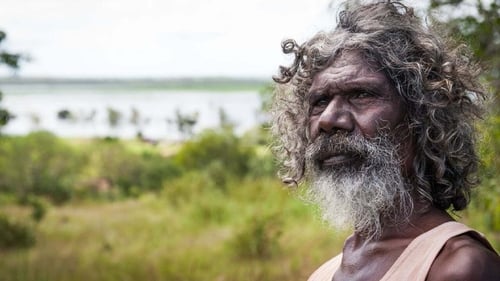
Writer
In this documentary companion to CHARLIE'S COUNTRY, Australian actor David Gulpilil tells the story of when his people's way of life was derailed by ours.

Self / Narrator
In this documentary companion to CHARLIE'S COUNTRY, Australian actor David Gulpilil tells the story of when his people's way of life was derailed by ours.
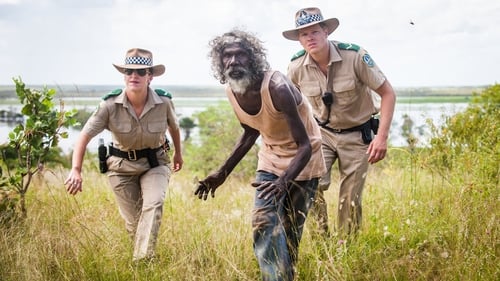
Charlie
Blackfella Charlie is getting older, and he's out of sorts. The intervention is making life more difficult on his remote community, what with the proper policing of whitefella laws that don't generally make much sense, and Charlie's kin and ken seeming more interested in going along with things than doing anything about it. So Charlie takes off, to live the old way, but in doing so sets off a chain of events in his life that has him return to his community chastened, and somewhat the wiser.

Writer
Blackfella Charlie is getting older, and he's out of sorts. The intervention is making life more difficult on his remote community, what with the proper policing of whitefella laws that don't generally make much sense, and Charlie's kin and ken seeming more interested in going along with things than doing anything about it. So Charlie takes off, to live the old way, but in doing so sets off a chain of events in his life that has him return to his community chastened, and somewhat the wiser.

Jagamarra
When his grandfather's drive-in cinema and home in the outback town of Wyndham is threatened with demolition, a twelve-year-old Aboriginal boy must journey through Australia's bush country — equipped only with ancient survival skills — to stop the city developers.
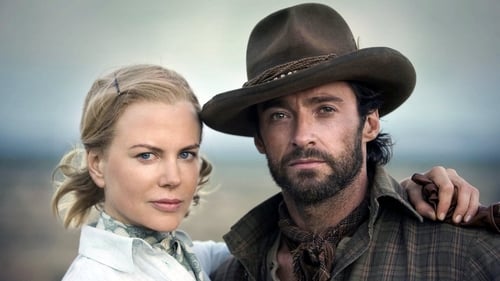
King George
オーストラリアにやって来た英国貴族、レディ・サラ。亡夫の遺した土地を守るため、粗暴なカウボーイとともに1500頭の牛を売るべく長旅に出ることになり……。ニコール・キッドマン主演による壮大なラヴ・ストーリー。

Burrimmilla
Crocodile Dreaming is a modern day supernatural myth about two estranged brothers, played by iconic Indigenous actors David Gulpill and Tom E. Lewis. Separated at birth, they have different fathers. One is readily accepted as a full-fledged member of the tribe and is looked on to fulfill the duties of jungaiy, an important ceremonial role which obliges him to be caretaker for his mother's dreaming, the crocodile totem. The other, whose father was white, is younger and has had to struggle to fit into the tribe who see him only as a yella fella.
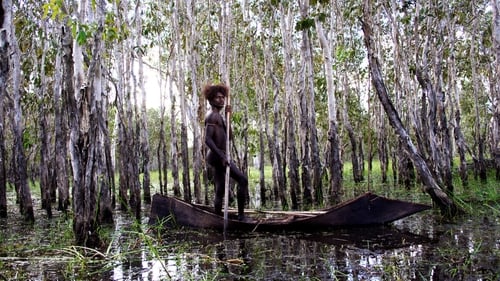
The Storyteller
A story within a story within a story. In Australia's Northern Territory, an Aboriginal narrator tells a story about his ancestors on a goose hunt. A youngster on the hunt is being tempted to adultery with his elder brother's wife, so an elder tells him a story from the mythical past about how evil can slip in and cause havoc unless prevented by virtue according to customary tribal law.
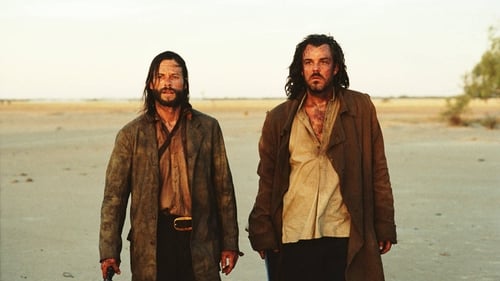
Jacko
In 1880s Australia, a lawman offers renegade Charlie Burns a difficult choice. In order to save his younger brother from the gallows, Charlie must hunt down and kill his older brother, who is wanted for rape and murder. Venturing into one of the Outback's most inhospitable regions, Charlie faces a terrible moral dilemma that can end only in violence.

Himself
This documentary follows Phillip Noyce as he tries to find three aboriginal girls able to act in his film Rabbit Proof Fence. The film sees a cast of 100's whittled down to the eventual three girls and follows them through workshops and into the difficult shoot.

Granddad
A white collector of Aboriginal art gets a shock when the Mimi sculpture she purchased comes to life.

The Tracker
Somewhere in Australia in the early 20th century outback, an Aboriginal man is accused of murdering a white woman. Three white men are on a mission to capture him with the help of an experienced Indigenous man.

Moodoo
In 1931, three Aboriginal girls escape after being plucked from their homes to be trained as domestic staff, and set off on a trek across the Outback.

Himself
An hour-long documentary on the life and career of actor David Gulpilil.

Rainman
Set in the 1890s in the central desert region of Australia, 'Serenades' tells the tale of Jila who is conceived when her Afghan cameleer father wins her Aboriginal mother in a card game.
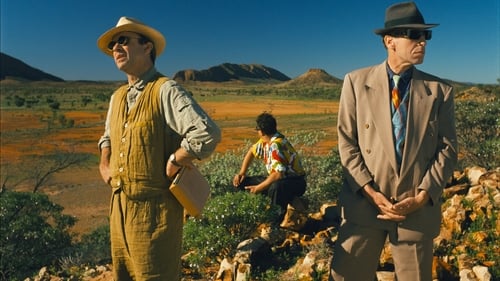
David
In 1999, Claire's life is forever changed after she survives a car crash with two bank robbers, who enlist her help to take the money to a drop in Paris. On the way she runs into another fugitive from the law — Dr. Sam Farber, an American who is being chased by the CIA. They want to confiscate a device his father invented which allows anyone to record their dreams and visions. On the run they travel the globe from Berlin to Lisbon to Moscow to Tokyo, ending up in Australia at his father's research facility, where they hope to play back the recordings Farber captured for his blind mother.

Adjaral
In the Australian outback, a park ranger and two local guides set out to track down a giant crocodile that has been killing and eating the local populace..
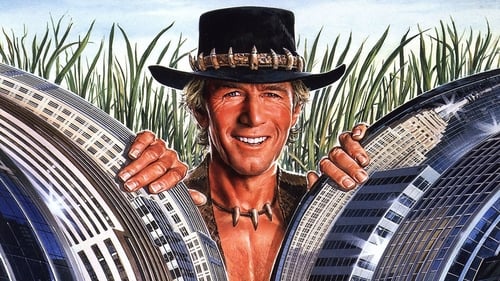
Neville Bell
ニューヨークの新聞記者スーは、ジャングルでワニと格闘しながら生きているタフな男、マイケル・“クロコダイル”・ダンディーに会うためにオーストラリアへ向かった。記事のため2人で奥地へ冒険の旅に出かけ、彼らは数々のハプニングを通して次第に惹かれ合っていく。やがて、ダンディーはスーの誘いでニューヨークへ降り立つが、そこには彼女の恋人が迎えに来ていた。
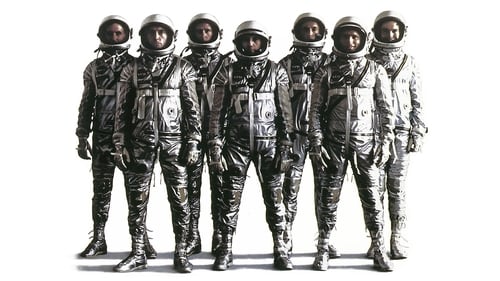
Aborigine
1950年代後半。宇宙計画でソ連に遅れをとったアメリカは、マーキュリー計画を実現させるべく、急遽7人のパイロットを選出。新世界へと旅立つヒーローとして、彼らの前途は約束されてはいたが、ロケットも未完成の計画は無謀といえるものであった。その一方で、初めて音速の壁を破った伝説のテスト・パイロット=チャック・イエガーは、自らの手で大空へ挑戦し続けていた。
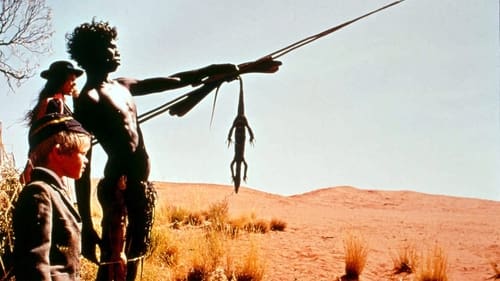
Self
Produced and directed this documentary for BBC in the 1980’s, about David Gulpilil, acclaimed Australian Aboriginal actor, dancer and musician. The film shows how Gulpilil is always working to bridge the gap between the tribal Aboriginal and Western worlds. He divides his time between a traditional tribal lifestyle and his artistic work, which has included major film roles, collaboration with contemporary dance and music groups and teaching Aboriginal dance and culture. Bill and David travel to Hollywood where David was the most popular Australian in the world at that time, with FOUR films playing in America – WALKABOUT, STORM BOY, THE LAST WAVE and MAD DOG MORGAN. After relating to both the black and native American cultures and filming a quick scene for a big Hollywood picture, he pines to head back through the Outback to his beloved Arnhem Land. Edited by Simon Dibbs and shot by Ray Henman.

Dancer
David Gulpilil performs three Aboriginal dances, Emu, Kangaroo and Fish. The first two are solo performances by Gulpilil and are closer to mime than dance. The third is a group dance with some of the children from Bamyili where Gulpilil lives in the Northern Territory.

Self
Exploring the relationship between Aboriginal people and their land (including the Dreaming, sacred places), this film was inspired by Silas Roberts’ submission to the 1976 Australian Government inquiry on uranium mining - the Ranger Uranium Environmental Inquiry. Silas, whose tribal name is Ngourladi, is an elder of the Allawa clan and was the first chairman of the Northern Land Council, established to assist Aboriginal people make land rights claims based on traditional ownership. The film, which moves from Arnhem Land in the north to Yuendumu in the centre, examines the importance of maintaining Aboriginal culture and laws and explains the reasons why they object to the mining being carried out.
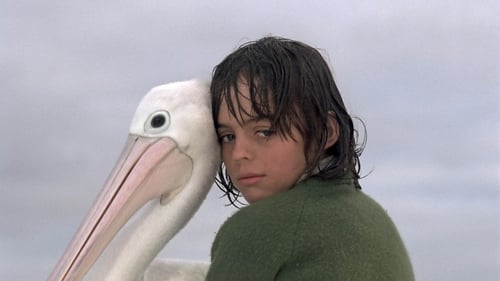
Fingerbone
Mike is a lonely Australian boy living in a coastal wilderness with his reclusive father. In search of friendship he encounters an Aboriginal native loner and the two form a bond in the care of orphaned pelicans.
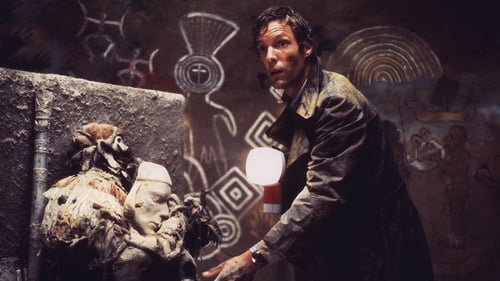
Chris Lee
Australian lawyer David Burton agrees with reluctance to defend a group of Aboriginal people charged with murdering one of their own. He suspects the victim was targeted for violating a tribal taboo, but the defendants deny any tribal association. Burton, plagued by apocalyptic visions of water, slowly realizes danger may come from his own involvement with the Aboriginal people and their prophecies.
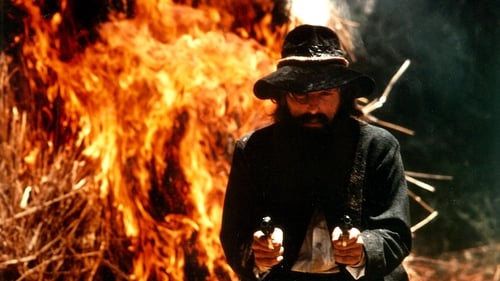
Billy
The true story of Irish outlaw Daniel Morgan, who is wanted, dead or alive, in Australia during the 1850s.

Self
A documentary about the making of the Australian feature Mad Dog Morgan (1976).
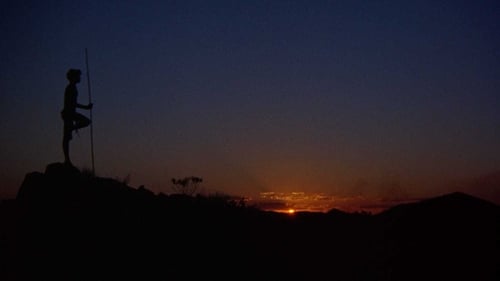
Black Boy
Under the pretense of having a picnic, a geologist takes his teenage daughter and 6-year-old son into the Australian outback and attempts to shoot them. When he fails, he turns the gun on himself, and the two city-bred children must contend with harsh wilderness alone. They are saved by a chance encounter with an Aborigine boy who shows them how to survive, and in the process underscores the disharmony between nature and modern life.

Producer
In 1973, fresh from his performance in Walkabout, a film that brought outback landscapes to urban audiences, Gulpilil returned the favour by paying a visit to Melbourne with camera in hand, shooting a wry fly-on-the-wall documentary that compares the sights and sounds of the city to those of his home in Arnhem Land.

Director
In 1973, fresh from his performance in Walkabout, a film that brought outback landscapes to urban audiences, Gulpilil returned the favour by paying a visit to Melbourne with camera in hand, shooting a wry fly-on-the-wall documentary that compares the sights and sounds of the city to those of his home in Arnhem Land.

David Gulpilil
In 1973, fresh from his performance in Walkabout, a film that brought outback landscapes to urban audiences, Gulpilil returned the favour by paying a visit to Melbourne with camera in hand, shooting a wry fly-on-the-wall documentary that compares the sights and sounds of the city to those of his home in Arnhem Land.
